Ball Pythons do not require vitamin supplements, so long as they are given healthy rodents to eat. Being nocturnal predators that consume whole prey animals, Ball Pythons can get all the nutrition they need from healthy prey. In fact, supplementation should only be implemented for a sick Ball Python with veterinary guidance.
In this article, I’ll take a look at why Ball Pythons do just fine without supplements, drawing on my 20+ years of experience keeping them. But first, let’s briefly go through what they should and shouldn’t eat…
What Ball Pythons should eat
Ball Pythons are rodent specialists in the wild, that occasionally switch to avian prey should the opportunity arise. Typically they’ll any small rodent that they come across, but do seem to have favorites.
Many times, amateur snake collectors have noticed that they will invade a rodent burrow, clear out the whole nest (by clear out I mean eat), then use the burrow as a new hideout. Occasionally, they’ll also climb shrubs and small trees to get nestling birds, which make for an easy snack.
In captivity, we have to cater to these dietary habits by providing them with similar prey, but which has been reared in a clean, healthy environment. I also recommend feeding frozen-thawed prey rather than live.
Captive Ball Pythons should eat any of the following:
- Rats (best all-round)
- Mice (good for hatchlings)
- Multimammate mice a.k.a. African Soft-furred Rats (great, but expensive)
- Gerbils (also expensive)
- Day-old chicks (often only females will eat them)
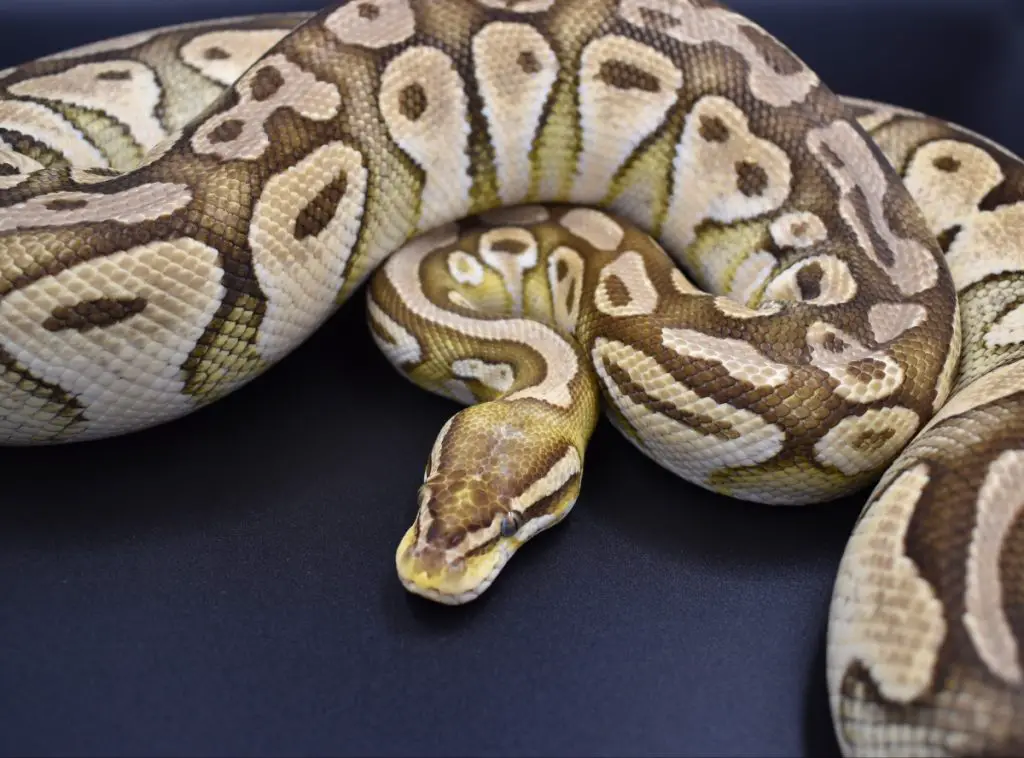
What Ball Pythons shouldn’t eat
Just like there are ideal prey items for Ball Pythons, there are a few things they shouldn’t, or simply won’t, eat. These include:
- Wild-caught rodents
- wild-caught birds
- other reptiles
- pieces of chicken or beef (it’s almost impossible to get them to eat this)
The most surefire way to give your snakes internal parasites is by giving them wild-caught prey. I have never found this to be necessary anyway, and have always been able to source captive-raised rodents for my pets.
When it comes to feeding bits of meat like chicken strips or beef heart, a few have managed to do this by scenting it with dead rodents. It’s extremely differently to get a Ball Python to accept this, and even if you do, this type of food is not nutritionally complete. My advice – don’t even consider it!
Let’s clear the air…
At this point, it’s important to let you know something: In the future, I may or may not make money from this website. This doesn’t worry me overly. Why? Because I also breed Ball Pythons, hold a part-time day job, and work as a biology writer.
If this site makes money, then great. If it doesn’t – no biggie! I’ll still enjoy making these posts and sharing my knowledge with you.
What this means is I don’t need to sell you things you don’t need. Expensive, unnecessary things like Vitamin Supplements or UV lighting for nocturnal snakes!
As we’re about to find out, Vitamin Supplements are very rarely useful for Ball Pythons (or any other nocturnal snake species). Let’s look at this subject in more detail…
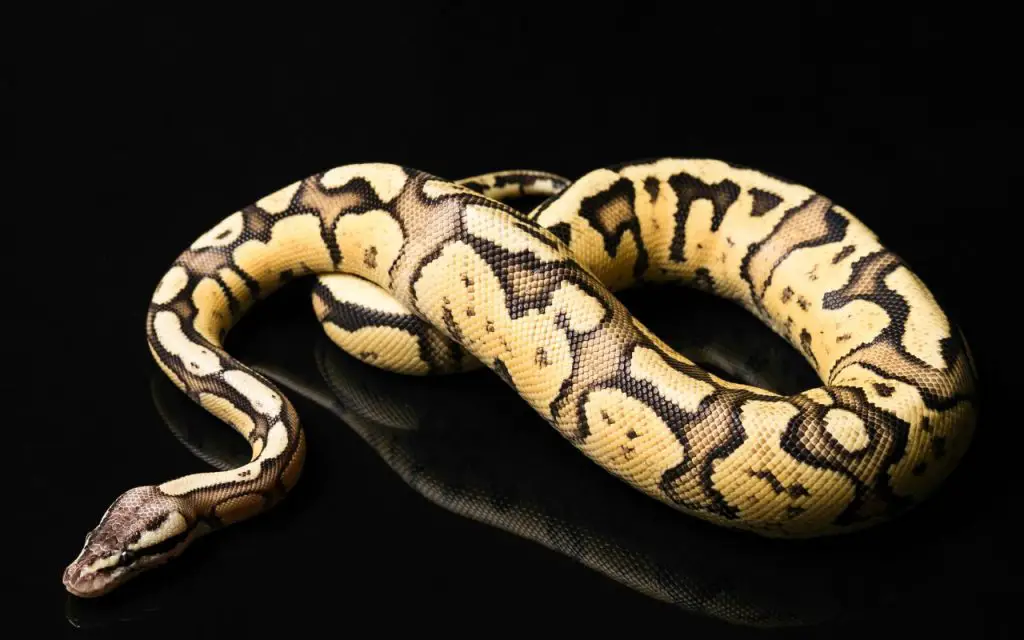
Why don’t Ball Pythons need vitamin supplements?
There’s a good reason why most snakes don’t need vitamin supplements: They can’t tear or chew food into smaller pieces. Add to this the fact that they are obligate carnivores, and you have a group of animals that are used to swallowing whole prey items.
A whole prey item is a complete, nutrient dense package of food that contains everything a predator could need, rolled into one. Muscle, bone, organ tissue – it’s all eaten, every time.
It is a much simpler approach than omnivory, which is the feeding strategy of most turtles, for example. It’s no coincidence that dietary imbalance is a common cause of death in pet turtles, but almost unheard of in pet snakes.
Snakes probably evolved to swallow food whole as an adaptation to limbless-ness, a feature they developed fairly early in their evolutionary history. When they diversified to occupy a range of niches, some of them became constrictors that only ever eat vertebrate prey. This is the case with Ball Pythons. They are rodent specialists, who like the occasional bit of poultry.
So, what we have now is a type of snake that eats whole, nutrient-dense food with a naturally balanced calcium to phosphorous ratio. No additional supplementation needed!
In fact, the only circumstance where a Ball Python would need vitamin supplementation would be in the case of a malnourished or sick animal. In this case, supplementation should be given under the supervision of a specialist exotics vet.
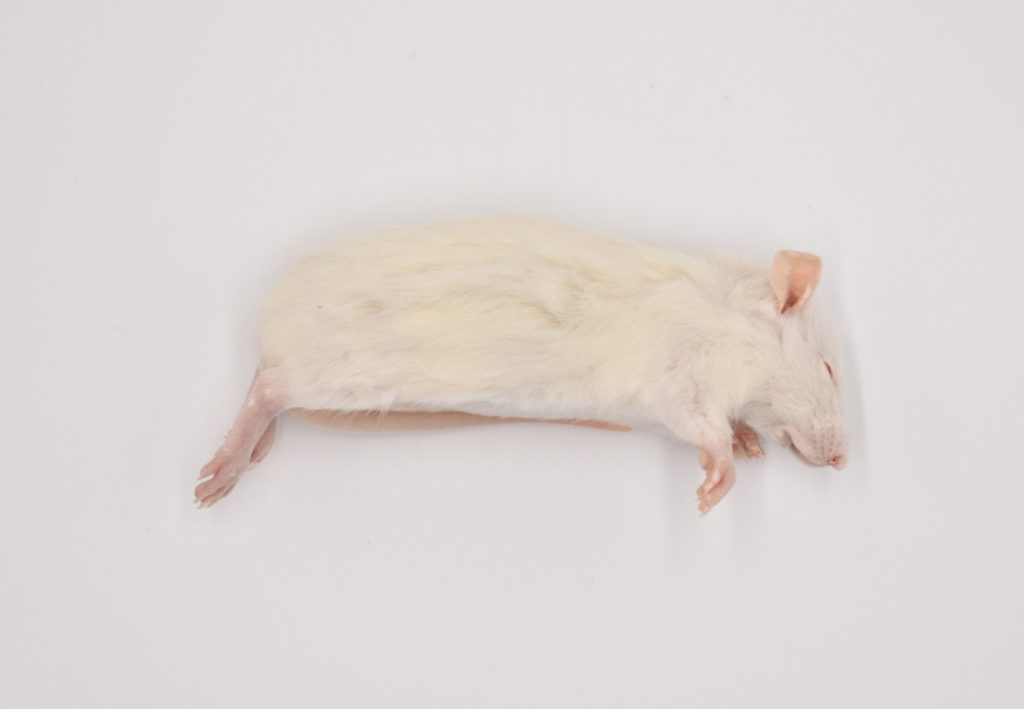
This is a humanely euthanised feeder rat. Rats make up the bulk of most captive Ball Python diets. Thicker set than many rodents, they’re packed with protein.
Do Ball Pythons need Vitamin D supplements?
Vitamin D is often talked about in relation to reptile husbandry because it allows reptiles to use calcium. No Vitamin D = metabolic bone disease, deformity, and death.
Reptiles get Vitamin D in two ways. They either absorb it from their food or synthesise it in their skin using provitamin D (a cholesterol), UVB light, and heat. In either case, it’s turned into a metabolite called calcidiol by the liver and kidneys, then either used or possibly stored in their fatty tissue. To date there is no solid proof to suggest how long reptiles store calcidiol.
The fact that reptiles have these two methods for obtaining Vitamin D is incredibly smart. On the one hand, it means diurnal reptiles can count on the sun for Vitamin D production, even in lean times when food is scarce.
On the other hand, it means that nocturnal and crepuscular reptiles can obtain all their Vitamin D from food. For nocturnal creatures this is essential, because being active during daylight hours would expose them to predation or overheating.
The question you need to answer is this: which group does my pet belong to? If it’s a ball python, it belongs to the nocturnal, and occasionally crepuscular group. It can absorb Vitamin D from its food. Again, no supplementation needed! No UV lighting either…
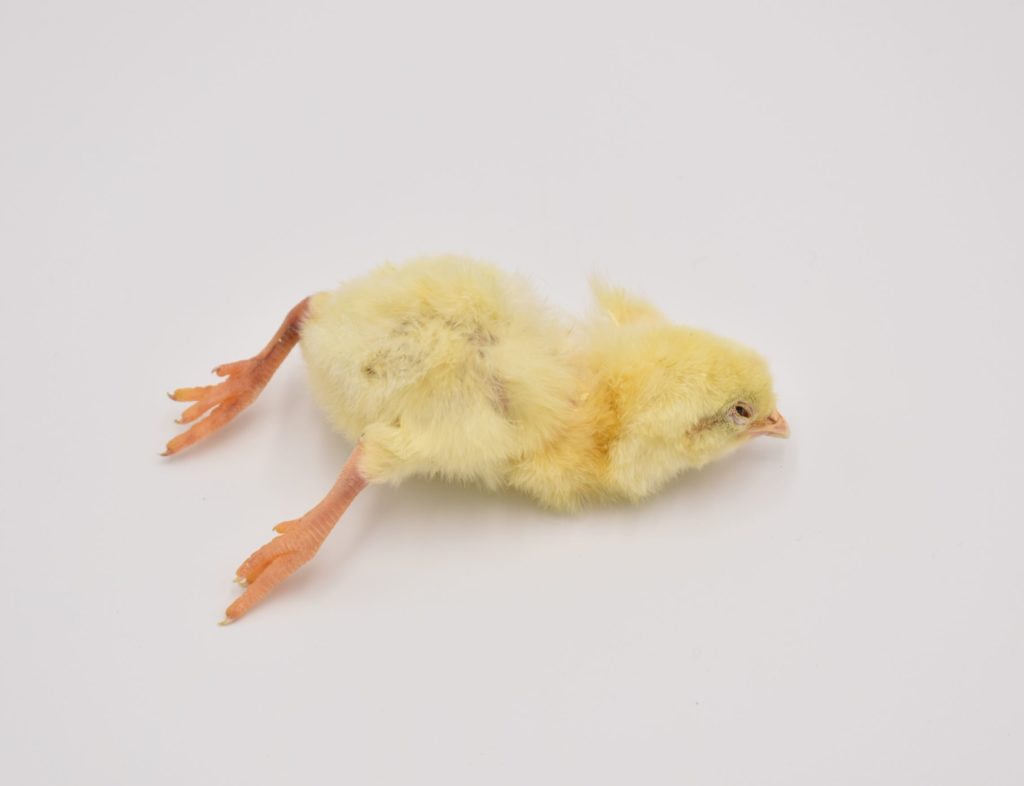
Do Ball Pythons need UVB?
Now at this point you’re probably thinking “but what about all the blog posts that say Ball Pythons need UVB?”. Well, we’ve all seen those posts, packed with scientific references, making you feel like a neglectful keeper if you don’t give UV lighting to this shy, nocturnal species.
So, let’s clear this up! Anyone who needs to stuff a blog post with references isn’t relying on their own experiences with the species or a solid, scientific education. Where I include references, I explain why they’re pertinent, and make sure they are unbiased.
Believe me, there are plenty of biased studies starting to pop up on Ball Python lighting. I even saw one recently being touted as “proof” that ball pythons like to bask.
This study found that when a basking light was provided, ball pythons came out and basked under it, mainly from 4-11 pm. One problem with this result is that near the equator where Ball Pythons live the sun sets at 6 pm. The poor snakes were trying to come out because their body clocks were saying it would soon be night-time, not because they wanted to bask.
Making things even more ridiculous, the UV light that the snakes were “basking” under was also a heat lamp. It was their sole source of warmth and was conveniently placed on the opposite side of the vivarium to their hiding place. They literally had no choice. It was either bask or get cold. I suspect if given vivariums with built in heat mats, the snakes would have chosen to stay safe and warm in their hides for a much greater proportion of the time.
When I need advice, I call breeders who have more experience than me, or other herpetologists. They tell me what they know, and they don’t need to provide references!
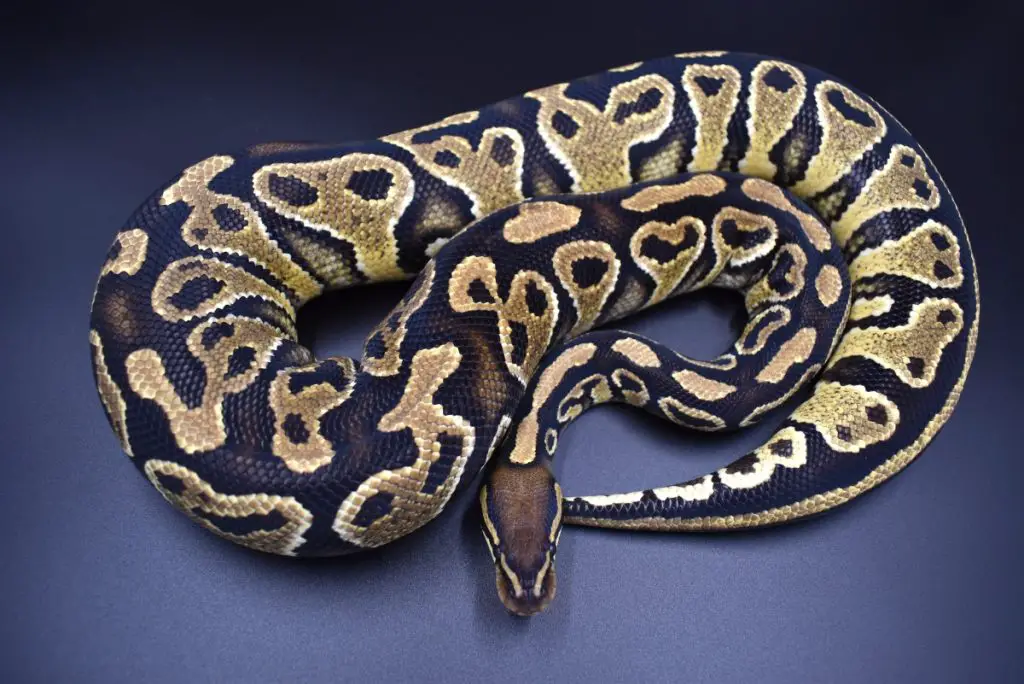
There’s still no tangible proof that UV light has any benefits to Ball Pythons
The truth is, there was a study that showed an increase in calcidiol in the bloodstream of nocturnal snakes following exposure to UVB light. There was also a study that showed no increase. Where an increase occurred, there was no indication of whether it had any benefit to the snakes. Nor was their any indication of whether the snakes used it, or excreted it as excess.
What we do have proof of is that Ball Pythons can see UV light, and this is perhaps another reason that so many people now beleive they need it. Rather convenienently, some resources overlook the fact that many hundreds of species can see UV light.
In fact, intense UV light is a fantastic indicator of daytime – so for a nocturnal animal, it’s a great indicator that your predators are out and you should stay in! UV light is also reflected off of the moon, so it’s probably useful for nocturnal animals to be able to see it when foraging. After, all nocturnal animals have powerful eyes that strain to detect any available light. It doesn’t mean they’d enjoy having a poweful UV light just inches above their head all day.
An example of a nocturnal animal that is able to see UV light is the Elephant Hawk Moth (Deilephela elpenor). Interestingly, no one is disputing the fact that this species is nocturnal. Why? because there’s no financial incentive to. Thousands of people aren’t keeping them as pets around the world, so there aren’t thousands of potential UV bulb buyers.
So, do Ball Pythons need UVB light to synthesise vitamin D? Obviously not. You can provide it if you want to, but it’s not necessary. Personally, I don’t give mine UV light because I find it makes them feel less secure and feed less regularly.
Would Ball Pythons get more vitamins from wild prey?
Now this is an interesting question. In the wild, there are many more prey species available to Ball Pythons. By all accounts, they are known to eat at least a dozen species of birds and mammals, despite having a preference for rodents. All those different species would be consuming different diets, adding up to a nutritional blend far more complex than any commercial animal feed.
This would make you assume that wild prey would give them more vitamins and nutrients. But in my opinion, this really isn’t going to be the case.
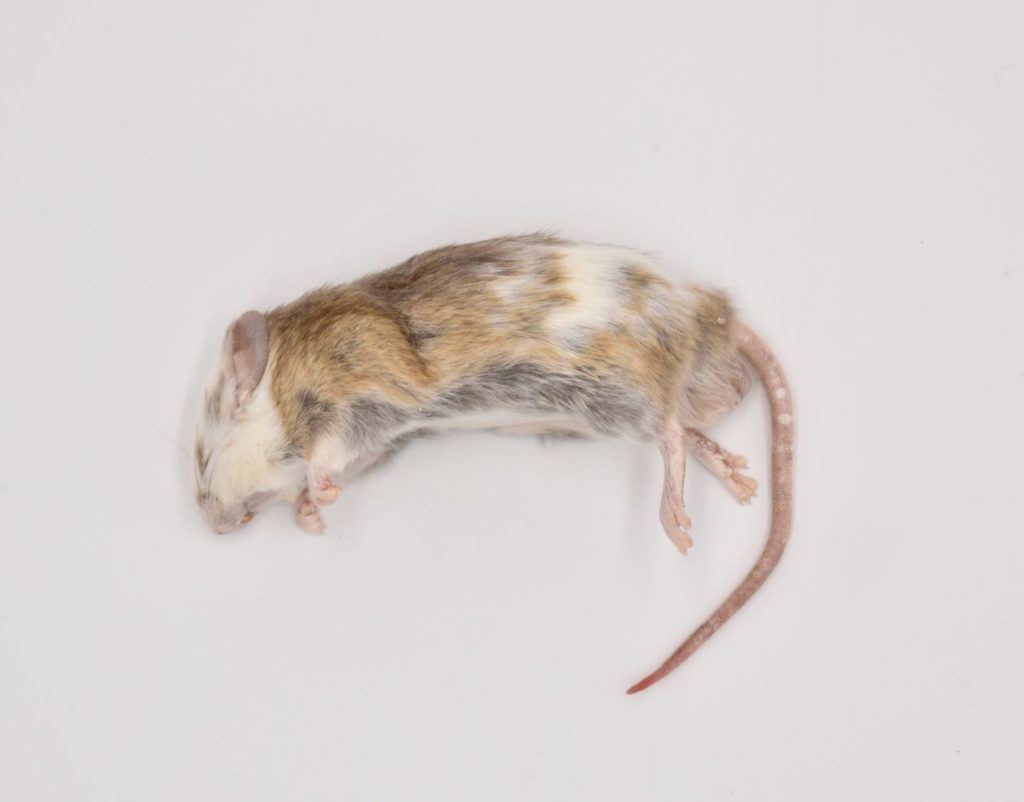
In the wild, Ball Pythons have to share their food with their “little buddies”
In the wild, Ball Pythons would indeed get a greater variety of food, but let’s not forget every wild reptile’s little buddies: parasites. More specifically, endohelminths (intestinal worms).
Intestinal parasites aren’t just common in wild reptiles – they’re the norm. Probably the most common in snakes are Roundworms, a group of Nematodes that don’t directly harm them but steal food right out of their bellies. According to some authors, the Ophiascaris species, which can occur in Ball Pythons, steal up to 40% of the nutrients from host snakes’ meals.
Furthermore, many areas where Ball Pythons live are subject to varying rodent abundance, and a dry season. Both factors result in reduced prey availability. It’s no coincidence these snakes have evolved to fast for long periods…
In a nutshell, Ball Pythons could indeed get more nutrients from a varied wild diet. Realistically though, this is more than likely counteracted by the hardships of a wild existence, namely parasitisation and unexpected prey scarcity.
All in all, our spoilt captives, eating on a regular basis, will be getting more nutrition from healthy captive reared rodents than their wild counterparts ever do.
Let’s have a look at how to buy healthy rodents for your pet Ball Pythons…
How do you know if you’re buying healthy rodents?
First things first, guys. If you want to buy frozen rodents, contact the breeder to ask about conditions. In my opinion, the best rodent breeders are going to be those who also keep snakes and are feeding their rodents to their own collection.
To illustrate this point, I got in touch with Mike Lewis from Rattlesnacks Ltd. Having a loyal customer base, the company is one of the leading producers of feeder rodents in the UK.
More to the point, they also maintain an incredible collection of high-end Ball Python morphs. Not the kind of collection you’d feed low quality food to!
When asked about breeding good feeder rodents, Mike told me that his emphasis is on giving the rats a good life. This means a clean environment and well-managed facility. He also provided this photo:
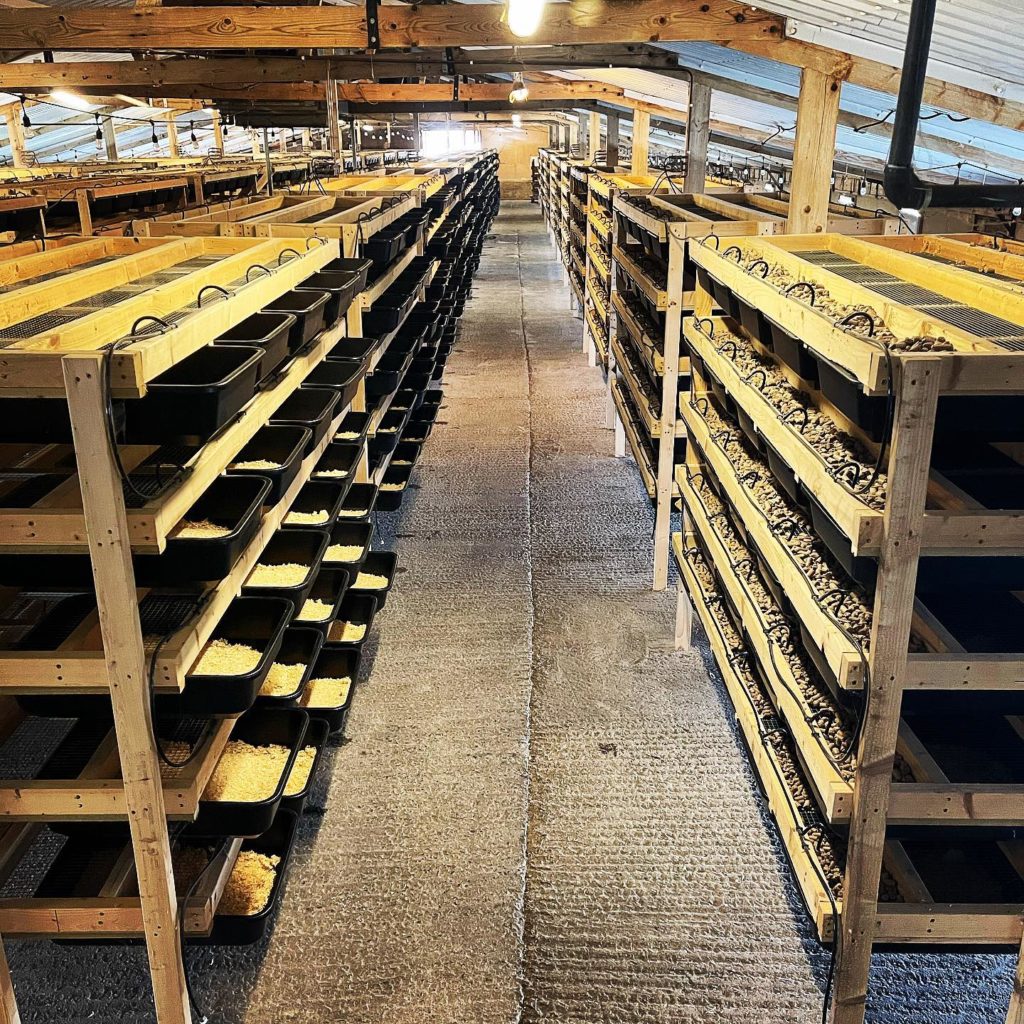
Whenever you contact a rodent breeder, getting an open response and information like this immediately gives you confidence. If they use their rodents for their own snakes, this gives you even more confidence. I recommend considering both these factors when buying food for your pets.
Do Ball Pythons need vitamin supplements? Not if you’re feeding them healthy rodents.
The question of vitamin supplements (and UV lighting) for ball pythons comes up again and again for commercial reasons. They’re good products to sell, and pretty easy to market. Add to this a few biased or easily manipulated studies, and you have a recipe for changing the narrative to a more lucrative one.
The reality of the situation is that nocturnal vertebrate predators like Ball Pythons don’t need vitamin supplements. All they need is whole, healthy prey items.
Whilst diurnal reptiles do need UV lighting, and some reptiles need supplements if their natural diet is hard to replicate, this isn’t the case with Ball Pythons. Regular supplementation could in fact be harmful if it leads to Vitamin A or D toxicity. Let’s not kill our pets with kindness!
For now, keep your focus on sourcing good quality feeder rodents (and chicks if you wish) for your Ball Python.
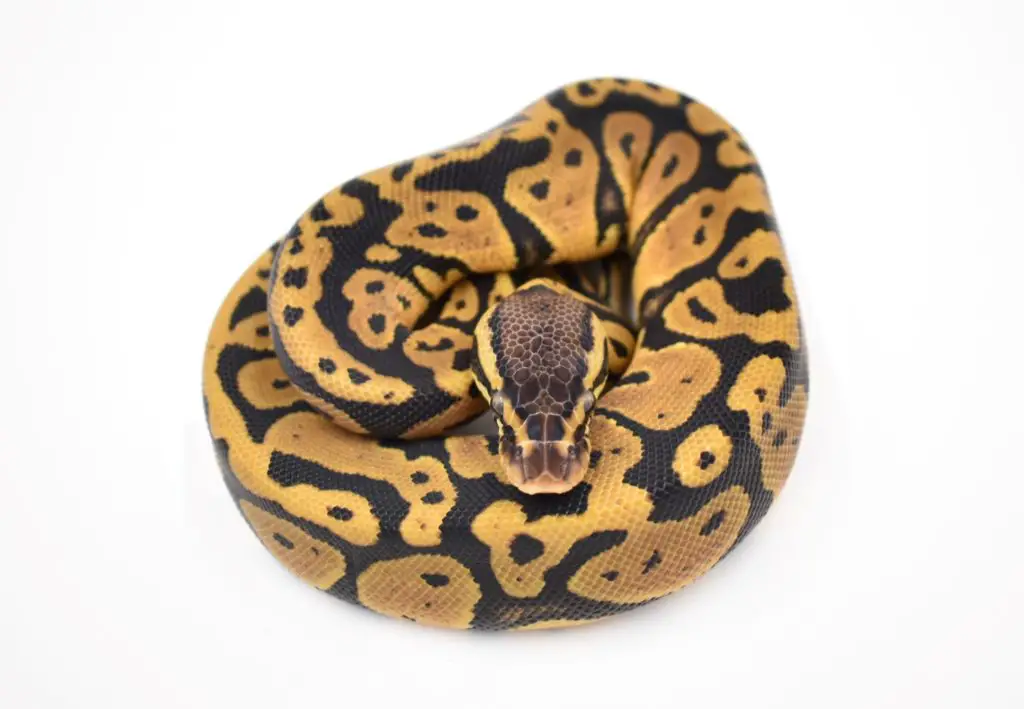
FAQ related to Ball Pythons and vitamin supplements:
What vitamins do ball pythons need?
Ball Pythons need every single vitamin and mineral that larger animals and humans need. They need vitamins E, K, and D, as well as B vitamins, calcium and phosphorous. This kind of nutrition is only achievable through a diet of whole, vertebrate prey. By eating healthy rodents, Ball Pythons get a complete meal with all the vitamins they need.
Do snakes need vitamin supplements?
Most snakes do not need vitamin supplements. They will get all the nutrition they need from healthy prey. I would advise you to be cautious about giving your snake vitamin supplements without veterinary supervision. A vitamin intake that is too high can be just as dangerous as one that is too low.
What vitamin deficiency do ball pythons have?
Healthy Ball Pythons do not have any deficiency if they are fed healthy prey. Healthy prey means rodents that are captive-reared on a balanced diet. If you feed frozen-thawed, they should not stay frozen for more than a few months before feeding.
Also on this topic:
- What is the best way to feed Ball Pythons?
- Ball Python not eating (what should I do?)
- When should you assist feed a baby Ball Python?
- Ball Python pit organs
For more on Ball Python diet in general:
Back to the Ball Python diet page
